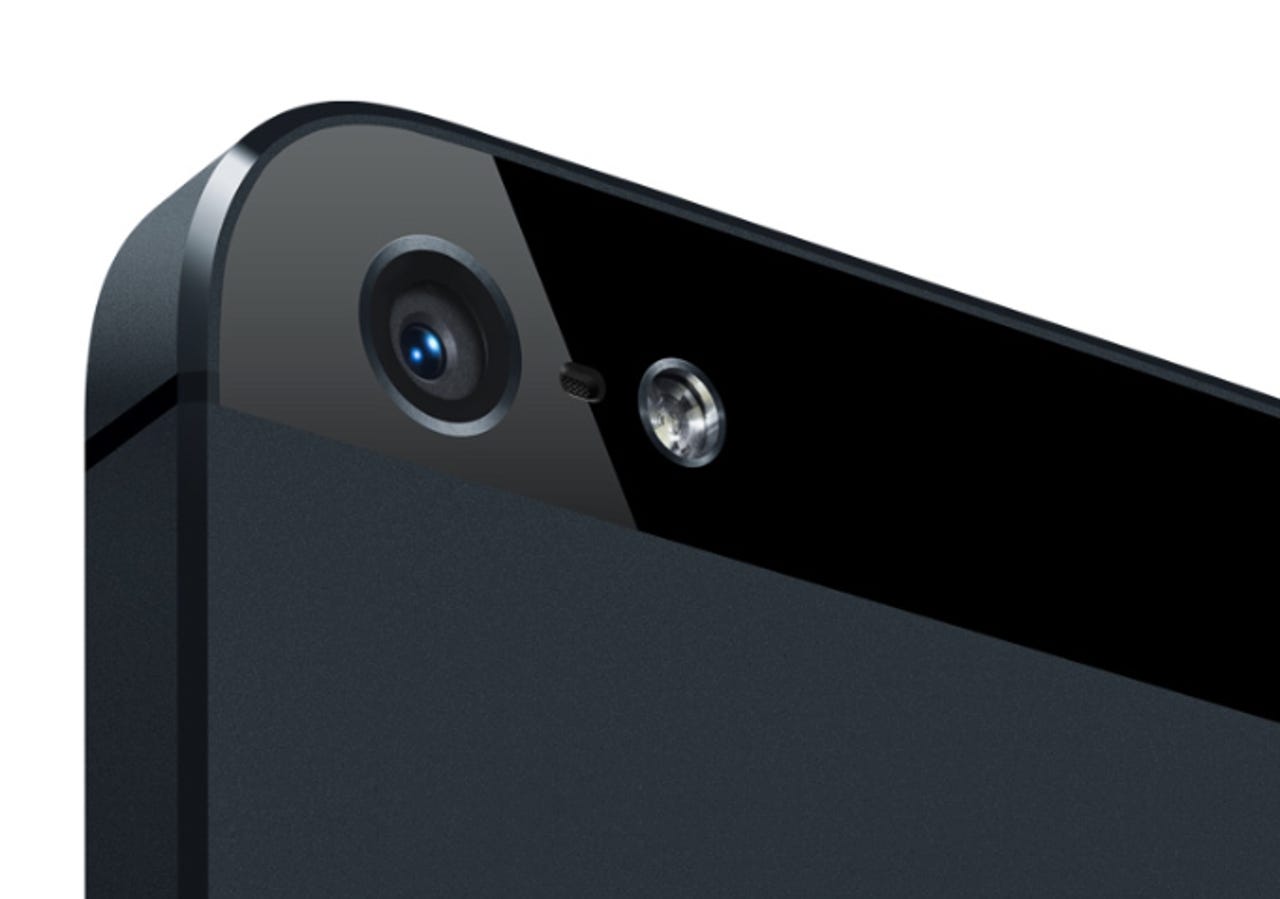The era of smartphone commodification has begun


Remember the early days of smartphones, circa 2009? Oh, how daring manufacturers were to charge steep prices (and reap tremendous profits, if they structured their carrier deals strategically; many did not) for what was poised to be the dominant technology of our time.
We all wanted one. And when demand outstrips supply in an early category, high prices can be sustained. (HTC's Touch Pro2 on Sprint in the U.S.? An eye-popping $349.99 on contract when it was introduced in September 2009. Ouch.)
We all got what we asked for, though. Manufacturers put a phone in (seemingly) everyone's pocket, and we were happier for it. But economics were bound to follow, and now that ubiquity is increasingly putting pressure on the price of a smartphone. It is a similar, though not perfectly comparable, phenomenon to the plummeting price of a laptop computer in the 1990s and 2000s.
A new Bloomberg report reveals the eroding price of the device: from $450 to $375 (off-contract) since the beginning of last year, according to IDC estimates. That drop demonstrates that the smartphone gravy train—at least with regard to the devices themselves—is coming to an end, threatening revenue (and thus profits) at every major purveyor, from Samsung and Apple on down.
Smartphones are becoming commodities. The battle for supremacy is increasingly being fought in profit margins and emerging markets. The golden goose is already in the oven and getting hot.
The impact of this on each manufacturer varies. While Bloomberg's report focuses on the trend's hit to Apple's margins, that company has demonstrated that its integrated hardware and services approach will help support it over the long term, even if it makes most of its money in hardware sales today. Not every company has been so strategic. (HTC and pre-acquisition Motorola come to mind.)
And let's be clear: smartphone sales still represent hundreds of billions of dollars in revenues worldwide. It's the trend line that's of concern.
It is clear that phonemakers must change course in the face of new market conditions; what's not clear is where to go from here. The commodification of the PC market has left few true winners—even Hewlett-Packard, formerly in the pole position in global shipments before Lenovo surpassed it, wanted out.
Will tablets and televisions grow enough to offset the weakening smartphone segment? Will these publicly-traded companies maneuver to insulate themselves from investor backlash to the unprecedented growth they experienced in the early adoption days of the smartphone? Stick around, grab some popcorn—this game is just about to get interesting.